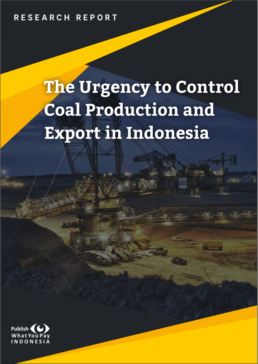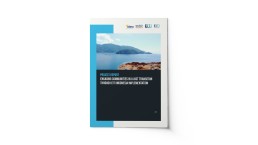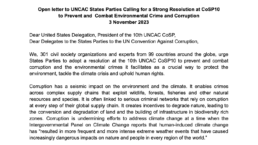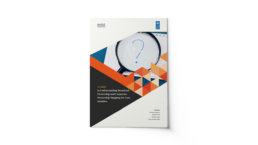Policies to control coal production and export are not initiated without cause. In the past two decades, coal production has increased rapidly, which peaked in 2013. This increase was followed by soaring coal export. Coal in this situation is seen as not providing added value to the domestic industry, but is only placed as an export commodity to generate state revenues. Therefore, 2015-2019 RPJMN mandating restrictions on coal production and export, as well as prioritize coal supply for domestic needs. Coal production and export targets have been set annually as a derivative of the mid-term development plan.
Realization of national coal production and export always exceeds the target of 2015-2019 RPJMN. The government even issued a regulation concerning the incentive in the form of additional production quote for those who meet the DMO regulation along with its special price. In addition, the government in fact increases the allocation of coal production for export needs on the pretext of increasing the state foreign exchange. Meanwhile the performance of supervision and law enforcement has not been improved. Weak supervision and law enforcement has opened up loopholes for violations in which potentially cause greater state loss and environmental impact.
The report “The Urgency to Control Coal Production and Export in Indonesia” is highlighted government’s inconsistency in carrying out the control policy over coal production and export as mandated by both energy policy and national development plan. The report also provides an analysis of the potential cost of the inconsistency toward the environment and state revenue.

Author: Rizky Ananda Wulan SR, Lizha Mashita
Editor: Maryati Abdullah, Rizky Ananda Wulan SR
Reviewer: Maryati Abdullah
Publisher: PWYP Indonesia
ISBN: 978-602-50032-8-8
Download: Format PDF – Google Drive
PWYP Global Assembly Report 2025
14 May 2025
EITI Report Engaging Communities in a Just Transition
1 November 2023
Patriot Bumi: Kendeng’s Struggle to Save Life
15 June 2021








